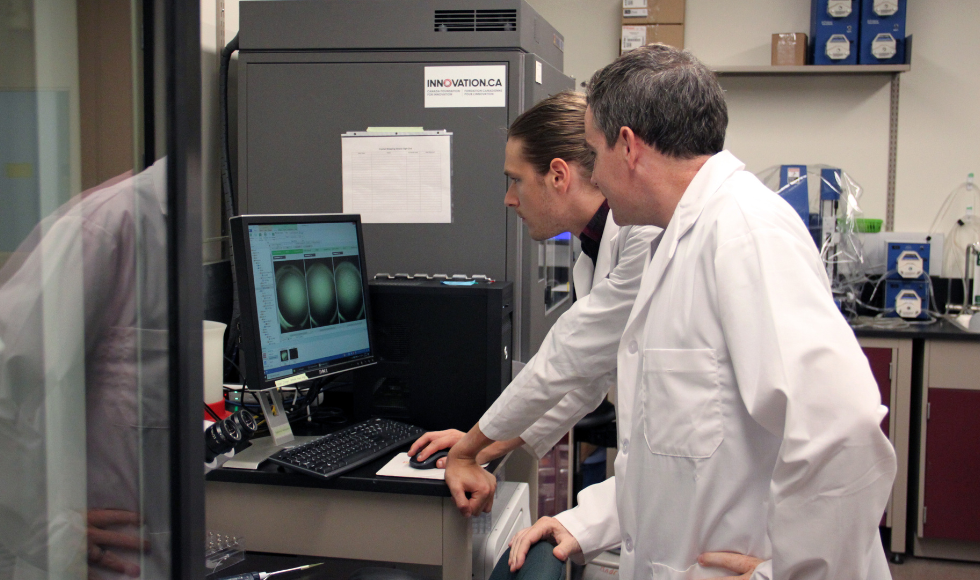First known RNA-targeting toxin launches total assault to kill bacteria
Date: 7.9.2022
Scientists at McMaster University have identified a toxin used by bacteria to kill other bacteria through a never-before-seen mechanism. The toxin is the first found to directly target RNA molecules in what the team describes as “a total assault on the cell,” which could lead to a new class of antibiotics.
 There’s a huge war raging on the microscopic scale as microbes battle each other for resources, and sometimes the weapons they use against each other can prove useful for antibiotics. Most of these toxins target proteins or DNA molecules, killing bacteria by interrupting vital functions.
There’s a huge war raging on the microscopic scale as microbes battle each other for resources, and sometimes the weapons they use against each other can prove useful for antibiotics. Most of these toxins target proteins or DNA molecules, killing bacteria by interrupting vital functions.
So that’s the checklist that the team ran through while studying a toxin called RhsP2 that's produced by Pseudomonas aeruginosa, a common bug behind hospital-acquired infections like pneumonia. Over three years, the researchers investigated the effects of the toxin on these common targets, to no avail.
Finally, they tested RhsP2 against RNA – the vital molecules that transcribe DNA to produce proteins – and found that this was its target. While other antibiotics interfere with RNA synthesis by targeting proteins involved in the process, the team says this marks the first antibacterial toxin that works by directly acting on RNA molecules.
“[It’s] a total assault on the cell,” said Nathan Bullen, first author of the study. The research around RhsP2 is still in its early stages, but the team says that with further work it could eventually pave the way for a new generation of antibiotics, which is important, because we desperately in need of new ones.
Image source: Blake Dillon, McMaster University.























